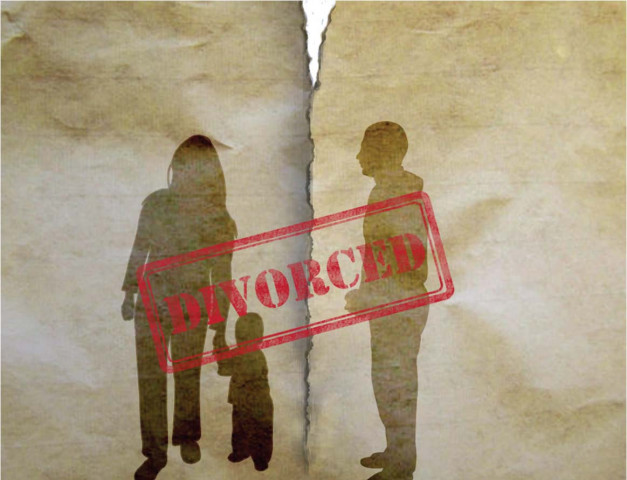‘Minor’ matters: Maintaining the sacred mother-child bond
District courts see increasing number of women demanding custody of their children.

With the staggering number of divorce cases being received by courts, instances of mothers wanting legal custody of their minor children are also becoming common in the twin cities.
Officials of Rawalpindi district courts revealed that on average they receive three to four petitions from mothers demanding lawful custody of their minor children in a week. They said that in the month of June, the courts received 16 such petitions and the number is gradually increasing.
One of the petitioners, Shahbana Bibi*, claimed she was forced to leave her only daughter with her in-laws after a petty dispute with the family. “My daughter is very young and she needs her mother,” she stated before the District Sessions judge, demanding immediate recovery of her daughter Mahnoor*.
She did not blame her husband, but said that her mother-in-law and two sister-in-laws were responsible for the mess, after they “coerced her husband in taking possession of their daughter in order to teach her a lesson”.
A session court bailiff, who approached the families along with the area police to recover the minors, said that in a majority of cases, the in-laws resist in handing over the children.
A seasoned family lawyer, Aneela Attique explained that under section 491 of the Criminal Procedure Code, a woman can seek immediate custody of her children if they are below school-going age (5 to 6 years). She said that the law provides immediate custody of minor children. However, for permanent custody of school-going children, the parents have to move the family court.
She said that the law has made it easy for victimised women to approach the court for prompt recovery of their children, which, with the passage of time, may discourage in-laws from snatching children from their mothers.
The advocate said that the practice became common after 2002, when the power of hearing such cases (habeas corpus) was shifted from high courts to the district courts. “People found it easier to approach the district courts,” she said.
Attique said that the habeas petition is “a boon for women but a bane as well,” as a woman’s marriage is always at stake and the chance of its survival gets thinner after she involves the court and police for custody of her children, she said. She claimed to have come across several cases where the mothers succeed in getting custody of their minor children through courts, but lost their marriages in the process.
*Names have been changed to protect identity
Published in The Express Tribune, July 19th, 2011.



















COMMENTS
Comments are moderated and generally will be posted if they are on-topic and not abusive.
For more information, please see our Comments FAQ